AARP Hearing Center

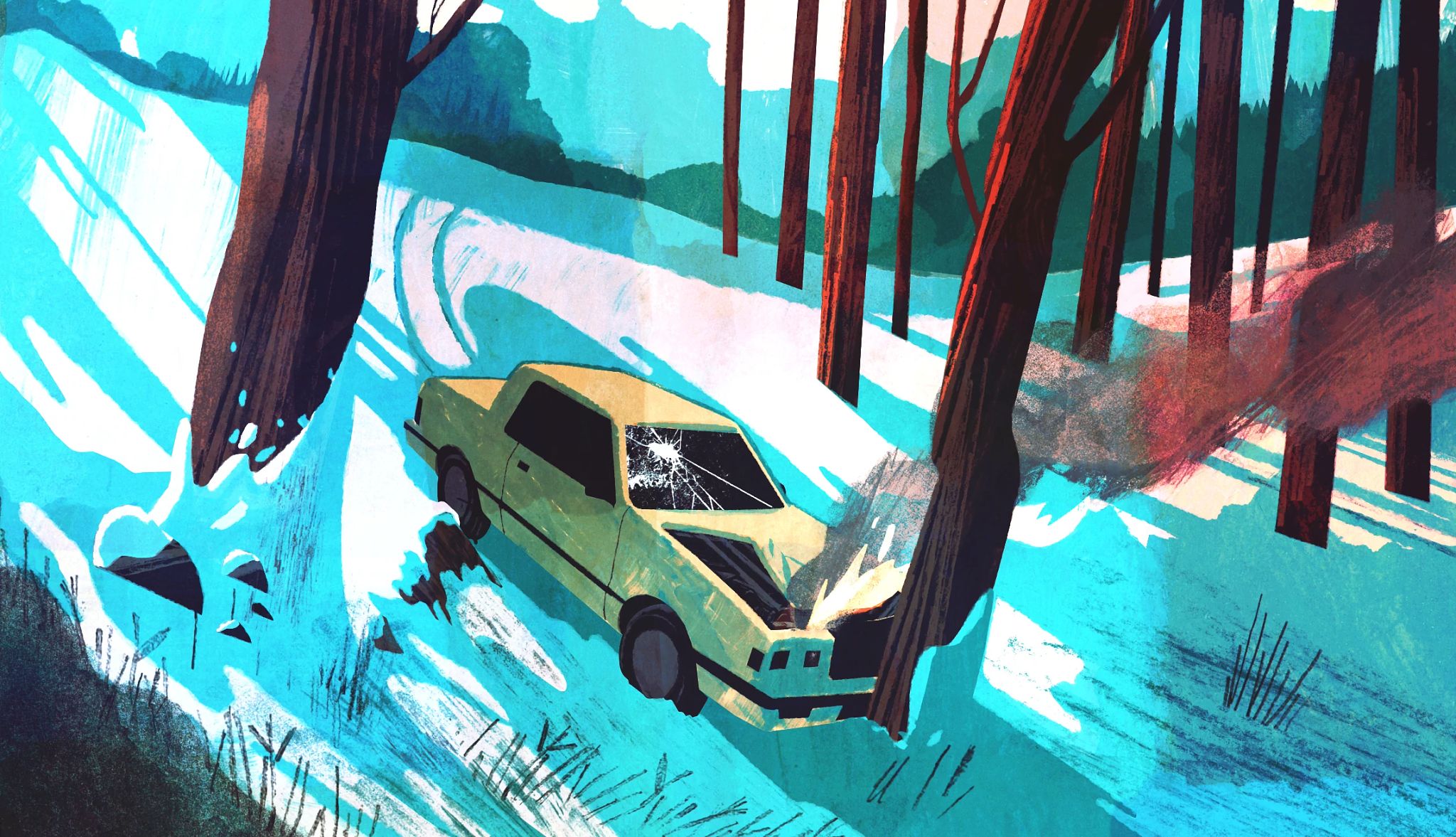
Chapter 1
Early February 2011
Ira
I sometimes think to myself that I’m the last of my kind.
My name is Ira Levinson. I’m a southerner and a Jew, and equally proud to have been called both at one time or another. I’m also an old man. I was born in 1920, the year that alcohol was outlawed and women were given the right to vote, and I often wondered if that was the reason my life turned out the way it did. I’ve never been a drinker, after all, and the woman I married stood in line to cast a ballot for Roosevelt as soon as she reached the appropriate age, so it would be easy to imagine that the year of my birth somehow ordained it all.
My father would have scoffed at the notion. He was a man who believed in rules. “Ira,” he would say to me when I was young and working with him in the haberdashery, “let me tell you something you should never do,” and then he would tell me. His Rules for Life, he called them, and I grew up hearing my father’s rules on just about everything. Some of what he told me was moral in nature, rooted in the teachings of the Talmud; and they were probably the same things most parents said to their children. I was told that I should never lie or cheat or steal, for instance, but my father—a sometimes Jew, he called himself back then—was far more likely to focus on the practical. Never go out in the rain without a hat, he would tell me. Never touch a stove burner, on the off chance it still might be hot. I was warned that I should never count the money in my wallet in public, or buy jewelry from a man on the street, no matter how good the deal might seem. On and on they went, these nevers, but despite their random nature, I found myself following almost every one, perhaps because I wanted never to disappoint my father. His voice, even now, follows me everywhere on this longest of rides, this thing called life.
Similarly, I was often told what I should do. He expected honesty and integrity in all aspects of life, but I was also told to hold doors for women and children, to shake hands with a firm grip, to remember people’s names, and to always give the customer a little more than expected. His rules, I came to realize, not only were the basis of a philosophy that had served him well, but said everything about who he was. Because he believed in honesty and integrity, my father believed that others did as well. He believed in human decency and assumed others were just like him. He believed that most people, when given the choice, would do what was right, even when it was hard, and he believed that good almost always triumphed over evil. He wasn’t naive, though. “Trust people,” he would tell me, “until they give you a reason not to. And then never turn your back.”
More than anyone, my father shaped me into the man I am today.
But the war changed him. Or rather, the Holocaust changed him. Not his intelligence—my father could finish the New York Times crossword puzzle in less than ten minutes—but his beliefs about people. The world he thought he knew no longer made sense to him, and he began to change. By then he was in his late fifties, and after making me a partner in the business, he spent little time in the shop. Instead, he became a full-time Jew. He began to attend synagogue regularly with my mother—I’ll get to her later—and offered financial support to numerous Jewish causes. He refused to work on the Sabbath. He followed with interest the news regarding the founding of Israel—and the Arab-Israeli War in its aftermath—and he began to visit Jerusalem at least once a year, as if looking for something he’d never known he’d been missing. As he grew older, I began to worry more about those overseas trips, but he assured me that he could take care of himself, and for many years he did. Despite his advancing age, his mind remained as sharp as ever, but unfortunately his body wasn’t quite so accommodating. He had a heart attack when he was ninety, and though he recovered, a stroke seven months later greatly weakened the right side of his body. Even then, he insisted on taking care of himself. He refused to move to a nursing home, even though he had to use a walker to get around, and he continued to drive despite my pleas that he forfeit his license. It’s dangerous, I would tell him, to which he would shrug.
What can I do? he would answer. How else would I get to the store?
My father finally died a month before he turned 101, his license still in his wallet and a completed crossword puzzle on the bed-stand beside him. It had been a long life, an interesting life, and I’ve found myself thinking about him often of late. It makes sense, I suppose, because I’ve been following in his footsteps all along. I carried with me his Rules for Life every morning as I opened the shop and in the way I’ve dealt with people. I remembered names and gave more than was expected, and to this day I take my hat with me when I think there’s a chance of rain. Like my father, I had a heart attack and now use a walker, and though I never liked crossword puzzles, my mind seems as sharp as ever. And, like my father, I was too stubborn to give up my license. In retrospect, this was probably a mistake. If I had, I wouldn’t be in this predicament: my car off the highway and halfway down the steep embankment, the hood crumpled from impact with a tree. And I wouldn’t be fantasizing about someone coming by with a thermos full of coffee and a blanket and one of those movable thrones that carried the pharaoh from one spot to the next. Because as far as I can tell, that’s just about the only way I’m ever going to make it out of here alive.
I’m in trouble. Beyond the cracked windshield, the snow continues to fall, blurry and disorienting. My head is bleeding, and dizziness comes in waves; I’m almost certain my right arm is broken. Collarbone, too. My shoulder throbs, and the slightest twitch is agonizing. Despite my jacket, I’m already so cold that I’m shivering.
I’d be lying if I told you I wasn’t afraid. I don’t want to die, and thanks to my parents—my mother lived to ninety-six—I long assumed that I was genetically capable of growing even older than I already am. Until a few months ago, I fully believed I had half a dozen good years left. Well, maybe not good years. That’s not the way it works at my age. I’ve been disintegrating for a while now—heart, joints, kidneys, bits and pieces of my body beginning to give up the ghost—but recently something else has been added to the mix. Growths in my lungs, the doctor said. Tumors. Cancer. My time is measured in months now, not years…but even so, I’m not ready to die just yet. Not today. There is something I have to do, something I have done every year since 1956. A grand tradition is coming to an end, and more than anything, I wanted one last chance to say good-bye.
Still, it’s funny what a man thinks about when he believes death to be imminent. One thing I know for sure is that if my time is up, I’d rather not go out this way—body trembling, dentures rattling, until finally, inevitably, my heart just gives out completely. I know what happens when people die—at my age, I’ve been to too many funerals to count. If I had the choice, I’d rather go in my sleep, back home in a comfortable bed. People who die like that look good at the viewing, which is why, if I feel the Grim Reaper tapping my shoulder, I’ve already decided to try to make my way to the backseat. The last thing I want is for someone to find me out here, frozen solid in a sitting position like some bizarre ice sculpture. How would they ever get my body out? The way I’m wedged behind the wheel, it would be like trying to get a piano out of the bathroom. I can imagine some fireman chipping away at the ice and wobbling my body back and forth, saying things like “Swing the head this way, Steve,” or “Wiggle the old guy’s arms that way, Joe,” while they try to manhandle my frozen body out of the car. Bumping and clunking, pushing and pulling, until, with one last big heave, my body thumps to the ground. Not for me, thanks. I still have my pride. So like I said, if it comes to that, I’ll try my best to make my way to the backseat and just close my eyes. That way they can slide me out like a fish stick.
But maybe it won’t come to that. Maybe someone will spot the tire tracks on the road, the ones heading straight over the embankment. Maybe someone will stop and call down, maybe shine a flashlight and realize there’s a car down here. It isn’t inconceivable; it could happen. It’s snowing and people are already driving slowly. Surely someone’s going to find me. They have to find me.
Right?
+++
Maybe not.
The snow continues to fall. My breath comes out in little puffs, like a dragon, and my body has begun to ache with the cold. But it could be worse. Because it was cold—though not snowing—when I started out, I dressed for winter. I’m wearing two shirts, a sweater, gloves, and a hat. Right now the car is at an angle, nose pointed down. I’m still strapped into the seat belt, which supports my weight, but my head rests on the steering wheel. The air bag deployed, spreading white dust and the acrid scent of gunpowder throughout the car. It’s not comfortable, yet I’m managing.
But my body throbs. I don’t think the air bag worked properly, because my head slammed into the steering wheel and I was knocked unconscious. For how long, I do not know. The gash on my head continues to bleed, and the bones in my right arm seem to be trying to pop through my skin. Both my collarbone and my shoulder throb, and I’m afraid to move. I tell myself it could be worse. Though it is snowing, it is not bitterly cold outside. Temperatures are supposed to dip into the mid-twenties tonight but will climb into the high thirties tomorrow. It’s also going to be windy, with gusts reaching twenty miles an hour. Tomorrow, Sunday, the winds will be even worse, but by Monday night, the weather will gradually begin to improve. By then, the cold front will have largely passed and the winds will be almost nonexistent. On Tuesday, temperatures are expected to reach the forties.
I know this because I watch the Weather Channel. It’s less depressing than the news, and I find it interesting. It’s not only about the expected weather; there are shows about the catastrophic effects of weather in the past. I’ve seen shows about people who were in the bathroom as a tornado ripped the house from its foundation, and I’ve seen people talk about being rescued after being swept away by flash flooding. On the Weather Channel, people always survive catastrophe, because these are the people who are interviewed for the program. I like knowing in advance that the people survived. Last year, I watched a story about rush-hour commuters who were surprised by a blizzard in Chicago. Snow came down so fast, the roads were forced to close while people were still on them. For eight hours, thousands of people sat on highways, unable to move while temperatures plummeted. The story I saw focused on two of the people who’d been in the blizzard, but what struck me while watching was the fact that neither of them seemed prepared for the weather. Both of them became almost hypothermic as the storm rolled through. This, I must admit, made no sense to me. People who live in Chicago are fully aware that it snows regularly; they experience the blizzards that sometimes roll in from Canada, they must realize it gets cold. How could they not know these things? If I lived in such a place, I would have had thermal blankets, hats, an additional winter jacket, earmuffs, gloves, a shovel, a flashlight, hand warmers, and bottled water in the trunk of my car by Halloween. If I lived in Chicago, I could be stranded by a blizzard for two weeks before I began to worry.
My problem, however, is that I live in North Carolina. And normally when I drive—except for an annual trip to the mountains, usually in the summer—I stay within a few miles of my home. Thus, my trunk is empty, but I’m somewhat comforted by the fact that even if I had a portable hotel in my trunk, it would do me no good. The embankment is icy and steep, and there’s no way I could reach it, even if it held the riches of Tutankhamun. Still, I’m not altogether unprepared for what’s happened to me. Before I left, I packed a thermos full of coffee, two sandwiches, prunes, and a bottle of water. I put the food in the passenger seat, next to the letter I’d written, and though all of it was tossed about in the accident, I’m comforted by the knowledge that it’s still in the car. If I get hungry enough, I’ll try to find it, but even now I understand that there’s a cost to eating or drinking. What goes in must go out, and I haven’t yet figured out how it will go out. My walker is in the backseat, and the slope would propel me to my grave; taken with my injuries, a call of nature is out of the question.
About the accident. I could probably concoct an exciting story about icy conditions or describe an angry, frustrated driver who forced me off the road, but that’s not the way it happened. What happened was this: It was dark and it began to snow, then snow even harder, and all at once, the road simply vanished. I assume I entered a curve—I say assume, because I obviously didn’t see a curve—and the next thing I knew, I crashed through the guardrail and began to careen down the steep embankment. I sit here, alone in the dark, wondering if the Weather Channel will eventually do a show about me.
I can no longer see through the windshield. Though it sends up flares of agony, I try the windshield wipers, expecting nothing, but a moment later they push at the snow, leaving a thin layer of ice in their wake. It strikes me as amazing, this momentary burst of normalcy, but I reluctantly turn the wipers off, along with the headlights, though I’d forgotten they were even on. I tell myself that I should conserve whatever is left of the battery, in case I have to use the horn.
I shift, feeling a lightning bolt shoot from my arm up to my collarbone. The world goes black. Agony. I breathe in and out, waiting for the white-hot agony to pass. Dear God, please. It is all I can do not to scream, but then, miraculously, it begins to fade. I breathe evenly, trying to keep the tears at bay, and when it finally recedes, I feel exhausted. I could sleep forever and never wake up. I close my eyes. I’m tired, so tired.
Strangely, I find myself thinking of Daniel McCallum and the afternoon of the visit. I picture the gift he left behind, and as I slip away, I wonder idly how long it will be until someone finds me.
“Ira.”
I hear it first in my dream, slurry and unformed, an underwater sound. It takes a moment before I realize someone is saying my name. But that is not possible.
“You must wake up, Ira.”
My eyes flutter open. In the seat beside me, I see Ruth, my wife.
“I’m awake,” I say, my head still against the steering wheel. Without my glasses, which were lost in the crash, her image lacks definition, like a ghost.
“You drove off the highway.”
I blink. “A maniac forced me off the road. I hit a patch of ice. Without my catlike reflexes, it would have been worse.”
“You drove off the road because you are blind as a bat and too old to be driving. How many times have I told you that you are a menace behind the wheel?”
“You’ve never said that to me.”
“I should have. You didn’t even notice the curve.” She pauses. “You are bleeding.”
Lifting my head, I wipe my forehead with my good hand and it comes back red. There is blood on the steering wheel and the dash, smears of red everywhere. I wonder how much blood I’ve lost. “I know.”
“Your arm is broken. And your collarbone, too. And there is something wrong with your shoulder.”
“I know,” I say again. As I blink, Ruth fades in and out. “You need to get to the hospital.”
“No argument there,” I say.
“I am worried about you.”
I breathe in and out before I respond. Long breaths. “I’m worried about me, too,” I finally say.
My wife, Ruth, is not really in the car. I realize this. She died nine years ago, the day I felt my life come to a full stop. I had called to her from the living room, and when she didn’t answer, I rose from my chair. I could move without a walker back then, though it was still slow going, and after reaching the bedroom, I saw her on the floor, near the bed, lying on her right side. I called for an ambulance and knelt beside her. I rolled her onto her back and felt her neck, detecting nothing at all. I put my mouth to hers, breathing in and out, the way I had seen on television. Her chest went up and down and I breathed until the world went black at the edges, but there was no response. I kissed her lips and her cheeks, and I held her close against me until the ambulance arrived. Ruth, my wife of more than fifty five years, had died, and in the blink of an eye, all that I’d loved was gone as well.
“Why are you here?” I ask her.
“What kind of question is that? I am here because of you.”
Of course. “How long was I asleep?”
“I do not know,” she answers. “It is dark, though. I think you are cold.”
“I’m always cold.”
“Not like this.”
“No,” I agree, “not like this.”
“Why were you driving on this road? Where were you going?”
I think about trying to move, but the memory of the lightning bolt stops me. “You know.”
“Yes,” she says. “You were driving to Black Mountain. Where we spent our honeymoon.”
“I wanted to go one last time. It’s our anniversary tomorrow.”
She takes a moment to respond. “I think you are going soft in your head. We were married in August, not February.”
“Not that anniversary,” I say. I don’t tell her that according to the doctor, I will not last until August. “Our other anniversary,” I say instead.
“What are you talking about? There is no other anniversary. There is only one.”
“The day my life changed forever,” I say. “The day I first saw you.”
For a moment, Ruth says nothing. She knows I mean it, but unlike me, she has a hard time saying such things. She loved me with a passion, but I felt it in her expressions, in her touch, in the tender brush of her lips. And, when I needed it most, she loved me with the written word as well.
“It was February sixth, 1939,” I say. “You were shopping downtown with your mother, Elisabeth, when the two of you came into the shop. Your mother wanted to buy a hat for your father.”
She leans back in the seat, her eyes still on me. “You came out of the back room,” she says. “And a moment later, your mother followed you.”
Yes, I suddenly recall, my mother did follow. Ruth has always had an extraordinary memory.
Like my mother’s family, Ruth’s family was from Vienna, but they’d immigrated to North Carolina only two months earlier. They’d fled Vienna after the Anschluss of Austria, when Hitler and the Nazis absorbed Austria into the Reich. Ruth’s father, Jakob Pfeffer, a professor of art history, knew what the rise of Hitler meant for the Jews, and he sold everything they owned to come up with the necessary bribes to secure his family’s freedom. After crossing the border into Switzerland, they traveled to London and then on to New York, before finally reaching Greensboro. One of Jakob’s uncles manufactured furniture a few blocks from my father’s shop, and for months Ruth and her family lived in two cramped rooms above the plant floor. Later, I would learn that the endless fumes from the lacquer made Ruth so sick at night, she could barely sleep.
“We came to the store because we knew your mother spoke German. We had been told that she could help us.” She shakes her head. “We were so homesick, so hungry to meet someone from home.”
I nod. At least I think I do. “My mother explained everything after you left. She had to. I couldn’t understand a word that any of you were saying.”
“You should have learned German from your mother.”
“What did it matter? Before you’d even left the store, I knew that we would one day be married. We had all the time in the world to talk.”
“You always say this, but it is not true. You barely looked at me.”
“I couldn’t. You were the most beautiful girl I’d ever seen. It was like trying to stare into the sun.”
“Ach, Quatsch…,” she snorts. “I was not beautiful. I was a child. I was only sixteen.”
“And I had just turned nineteen. And I ended up being right.”
She sighs. “Yes,” she says, “you were right.”
I’d seen Ruth and her parents before, of course. They attended our synagogue and sat near the front, foreigners in a strange land. My mother had pointed them out to me after services, eyeing them discreetly as they hurried home.
I always loved our Saturday morning walks home from the synagogue, when I had my mother all to myself. Our conversation drifted easily from one subject to the next, and I reveled in her undivided attention. I could tell her about any problems I was having or ask any question that crossed my mind, even those that my father would have found pointless. While my father offered advice, my mother offered comfort and love. My father never joined us; he preferred to open the shop early on Saturdays, hoping for weekend business. My mother understood. By then, even I knew that it was a struggle to keep the shop open at all. The Depression hit Greensboro hard, as it did everywhere, and the shop sometimes went days without a single customer. Many people were unemployed, and even more were hungry. People stood in lines for soup or bread. Many of the local banks had failed, taking people’s savings with them. My father was the type to set money aside in good times, but by 1939 times were difficult even for him.
My mother had always worked with my father, though seldom out front with the customers. Back then, men—and our clientele was almost exclusively men—expected another man to help them, in both the selection and the fitting of suits. My mother, however, kept the storeroom door propped open, which allowed her a perfect view of the customer. My mother, I must say, was a genius at her craft. My father would tug and pull and mark the fabric in the appropriate places, but my mother in a single glance would know immediately whether or not to adjust the marks my father had made. In her mind’s eye, she could see the customer in the completed suit, knowing the exact line of every crease and seam. My father understood this—it was the reason he positioned the mirror where she could see it. Though some men might have felt threatened, it made my father proud. One of my father’s Rules for Life was to marry a woman who was smarter than you. “I did this,” he would say to me, “and you should do it, too. I say, why do all the thinking?”
My mother, I must admit, really was smarter than my father. Though she never mastered the art of cooking— my mother should have been banned from the kitchen— she spoke four languages and could quote Dostoyevsky in Russian; she was an accomplished classical pianist and had attended the University of Vienna at a time when female students were rare. My father, on the other hand, had never gone to college. Like me, he’d worked in his father’s haberdashery since he was a boy, and he was good with numbers and customers. And like me, he’d first seen his wife-to-be at the synagogue, soon after she’d arrived in Greensboro.
There, however, is where the similarity ends, because I often wondered whether my parents were happy as a couple. It would be easy to point out that times were different back then, that people married less for love than for practical reasons. And I’m not saying they weren’t right for each other in many ways. They made good partners, my parents, and I never once heard them argue. Yet I often wondered whether they were ever in love. In all the years I lived with them, I never saw them kiss, nor were they the kind of couple who felt comfortable holding hands. In the evenings, my father would do his bookkeeping at the kitchen table while my mother sat in the sitting room, a book open in her lap. Later, after my parents retired and I took over the business, I hoped they might grow closer. I thought they might travel together, taking cruises or going sightseeing, but after the first visit to Jerusalem, my father always traveled alone. They settled into separate lives, continuing to drift apart, becoming strangers again. By the time they were in their eighties, it seemed as though they’d run out of anything at all to say to each other. They could spend hours in the same room without uttering a single word. When Ruth and I visited, we tended to spend time first with one and then the other, and in the car afterward, Ruth would squeeze my hand, as if promising herself that we would never end up the same way.
Ruth was always more bothered by their relationship than either of them seemed to be. My parents seemed to have little desire to bridge the gap between them. They were comfortable in their own worlds. As they aged, while my father grew closer to his heritage, my mother developed a passion for gardening, and she spent hours pruning flowers in the backyard. My father loved to watch old westerns and the evening news, while my mother had her books. And, of course, they were always interested in the artwork Ruth and I collected, the art that eventually made us rich.
+++
“You didn’t come back to the shop for a long time,” I said to Ruth.
Outside the car, the snow has blanketed the windshield and continues to fall. According to the Weather Channel, it should have stopped by now, but despite the wonders of modern technology and forecasting, weather predictions are still fallible. It is another reason I find the channel interesting.
“My mother bought the hat. We had no money for anything more.”
“But you thought I was handsome.”
“No. Your ears were too big. I like delicate ears.”
She’s right about my ears. My ears are big, and they stick out in the same way my father’s did, but unlike my father, I was ashamed of them. When I was young, maybe eight or nine, I took some extra cloth from the shop and cut it into a long strip, and I spent the rest of the summer sleeping with the strip wrapped around my head, hoping they would grow closer to my scalp. While my mother ignored it when she’d check on me at night, I sometimes heard my father whispering to her in an almost affronted tone. He has my ears, he’d say to her. What is so bad about my ears?
I told Ruth this story shortly after we were married and she laughed. Since then, she would sometimes tease me about my ears like she is doing now, but in all our years together, she never once teased me in a way that felt mean.
“I thought you liked my ears. You told me that whenever you kissed them.”
“I liked your face. You had a kind face. Your ears just happened to come with it. I did not want to hurt your feelings.”
“A kind face?”
“Yes. There was a softness in your eyes, like you saw only the good in people. I noticed it even though you barely looked at me.”
“I was trying to work up the courage to ask if I could walk you home.”
“No,” she says, shaking her head. Though her image is blurred, her voice is youthful, the sixteen-year-old I’d met so long ago. “I saw you many times at the synagogue after that, and you never once asked me. I even waited for you sometimes, but you went past me without a word.”
“You didn’t speak English.”
“By then, I had begun to understand some of the language, and I could talk a little. If you had asked, I would have said, ‘Okay, Ira. I will walk with you.’ ”
She says these last words with an accent. Viennese German, soft and musical. Lilting. In later years her accent faded, but it never quite disappeared.
“Your parents wouldn’t have allowed it.”
“My mother would have. She liked you. Your mother told her that you would own the business one day.”
“I knew it! I always suspected you married me for my money.”
“What money? You had no money. If I wanted to marry a rich man, I would have married David Epstein. His father owned the textile mill and they lived in a mansion.”
This, too, was one of the running jokes in our marriage. While my mother had been speaking the truth, even she knew it was not the sort of business that would make anyone wealthy. It started, and remained, a small business until the day I finally sold the shop and retired.
“I remember seeing the two of you at the soda parlor across the street. David met you there almost every day during the summer.”
“I liked chocolate sodas. I had never had them before.”
“I was jealous.”
“You were right to be,” she says. “He was rich and handsome and his ears were perfect.”
I smile, wishing I could see her better. But the darkness makes that impossible. “For a while I thought the two of you were going to get married.”
“He asked me more than once, and I would tell him that I was too young, that he would have to wait until after I finished college. But I was lying to him. The truth was that I already had my eye on you. That is why I always insisted on going to the soda parlor near your father’s shop.”
I knew this, of course. But I like hearing her say it.
“I would stand by the window and watch you as you sat with him.”
“I saw you sometimes.” She smiles. “I even waved once, and still, you never asked to walk with me.”
“David was my friend.”
This is true, and it remained true for most of our lives. We were social with both David and his wife, Rachel, and Ruth tutored one of their children.
“It had nothing to do with friendship. You were afraid of me. You have always been shy.”
“You must be mistaking me for someone else. I was debonair, a ladies’ man, a young Frank Sinatra. I sometimes had to hide from the many women who were chasing me.”
“You stared at your feet when you walked and turned red when I waved. And then, in August, you moved away. To attend university.”
I went to school at William & Mary in Williamsburg, Virginia, and I didn’t return home until December. I saw Ruth twice at the synagogue that month, both times from a distance, before I went back to school. In May, I came home for the summer to work at the shop, and by then World War II was raging in Europe. Hitler had conquered Poland and Norway, vanquished Belgium, Luxembourg, and the Netherlands, and was making mincemeat of the French. In every newspaper, in every conversation, the talk was only of war. No one knew whether America would enter the conflict, and the mood was grim. Weeks later, the French would be out of the war for good.
“You were still seeing David when I returned.”
“But I had also become friends with your mother in the year you were gone. While my father was working, my mother and I would go to the shop. We would speak of Vienna and our old lives. My mother and I were homesick, of course, but I was angry, too. I did not like North Carolina. I did not like this country. I felt that I did not belong here. Despite the war, part of me wanted to go home. I wanted to help my family. We were very worried for them.”
I see her turn toward the window, and in the silence, I know that Ruth is thinking about her grandparents, her aunts and uncles, her cousins. On the night before Ruth and her parents left for Switzerland, dozens of her extended family members had gathered for a farewell dinner. There were anxious good-byes and promises to stay in touch, and although some were excited for them, nearly everyone thought Ruth’s father was not only overreacting, but foolish to have given up everything for an uncertain future. However, a few of them had slipped Ruth’s father some gold coins, and in the six weeks it took to journey to North Carolina, it was those coins that provided shelter and kept food in their stomachs. Aside from Ruth and her parents, her entire family had stayed in Vienna. By the summer of 1940, they were wearing the Star of David on their arms and largely prohibited from working. By then, it was too late for them to escape.
My mother told me about these visits with Ruth and their worries. My mother, like Ruth, still had family back in Vienna, but like so many, we had no idea what was coming or just how terrible it would eventually be. Ruth didn’t know, either, but her father had known. He had known while there was still time to flee. He was, I later came to believe, the most intelligent man I ever met.
“Your father was building furniture then?”
“Yes,” Ruth said. “None of the universities would hire him, so he did what he had to do to feed us. But it was hard for him. He was not meant to build furniture. When he first started, he would come home exhausted, with sawdust in his hair and bandages on his hands, and he would fall asleep in the chair almost as soon as he walked in the door. But he never complained. He knew we were the lucky ones. After he woke, he would shower and then put on his suit for dinner, his own way of reminding himself of the man he once had been. And we would have lively conversations at dinner. He would ask what I had learned at school that day, and listen closely as I answered. Then he would lead me to think of things in new ways. ‘Why do you suppose that is?’ he would ask, or, ‘Have you ever considered this?’ I knew what he was doing, of course. Once a teacher, always a teacher, and he was good at it, which is why he was able to become a professor once again after the war. He taught me how to think for myself and to trust my own instincts, as he did for all his students.”
I study her, reflecting on how significant it was that Ruth, too, had become a teacher, and my mind flashes once more to Daniel McCallum. “And your father helped you learn all about art in the process.”
“Yes,” she says, a mischievous lilt in her voice. “He helped me do that, too.”
Chapter 2
Four Months Earlier
Sophia
You’ve got to come,” Marcia pleaded. “I want you to come. There’s like thirteen or fourteen of us going. And it’s not that far. McLeansville is less than an hour away, and you know we’ll have a blast in the car.”
Sophia made a skeptical face from her bed, where she was halfheartedly reviewing some Renaissance history notes. “I don’t know . . . the rodeo?”
“Don’t say it like that,” Marcia said, adjusting a black cowboy hat in the mirror, tilting it this way and that. Sophia’s roommate since sophomore year, Marcia Peak was easily her best friend on campus. “A, it’s not the rodeo—it’s only bull riding. And B, it’s not even about that. It’s about getting off campus for a quick road trip, and hanging out with me and the girls. There’s a party afterwards, where they set up bars in this big, old-fashioned barn near the arena . . . there’s going to be a band, and dancing, and I swear to God you’ll never find so many cute guys in one place again.”
Sophia looked up over the top of her notebook. “Finding a cute guy is the last thing I want right now.”
Marcia rolled her eyes. “The point is, you need to get out of the house. It’s already October. We’re two months into school and you need to stop moping.”
“I’m not moping,” Sophia said. “I’m just . . . tired of it.”
“You mean you’re tired of seeing Brian, right?” She spun around to face Sophia. “Okay, I get that. But it’s a small campus. And Chi Omega and Sigma Chi are paired this year. No matter what, it’s going to be inevitable.”
“You know what I mean. He’s been following me. On Thursday, he was in the atrium of Scales Center after my class. That never happened while we were together.”
“Did you talk to him? Or did he try to talk to you?”
“No.” Sophia shook her head. “I headed straight for the door and pretended I didn’t notice him.”
“So no harm, no foul.”
“It’s still creepy—”
“So what?” Marcia gave an impatient shrug. “Don’t let it get to you. It’s not like he’s psycho or anything. He’ll figure it out eventually.”
Sophia glanced away, thinking, I hope so, but when she didn’t answer, Marcia crossed the room and took a seat on the bed beside her. She patted Sophia’s leg. “Let’s think about this logically, okay? You said he stopped calling and texting you, right?”
Sophia nodded, albeit with a feeling of reluctance.
“So okay, then,” she concluded. “It’s time to move on with your life.”
“That’s what I’ve been trying to do. But everywhere I go, he’s there. I just don’t understand why he won’t leave me alone.”
Marcia pulled her knees up, resting her chin on them. “Simple—Brian thinks that if he can talk to you, if he says the right things and pours on the charm, he’ll convince you to change your mind. He honestly believes that.” Marcia fixed her with an earnest expression. “Sophia, you have to realize that all guys think like this. Guys think they can talk their way out of anything, and they always want what they can’t have. It’s in their DNA. You dumped him, so now he wants you back. It’s Guy 101.” She winked at her friend. “He’ll eventually accept that it’s over. As long as you don’t give in, of course.”


























































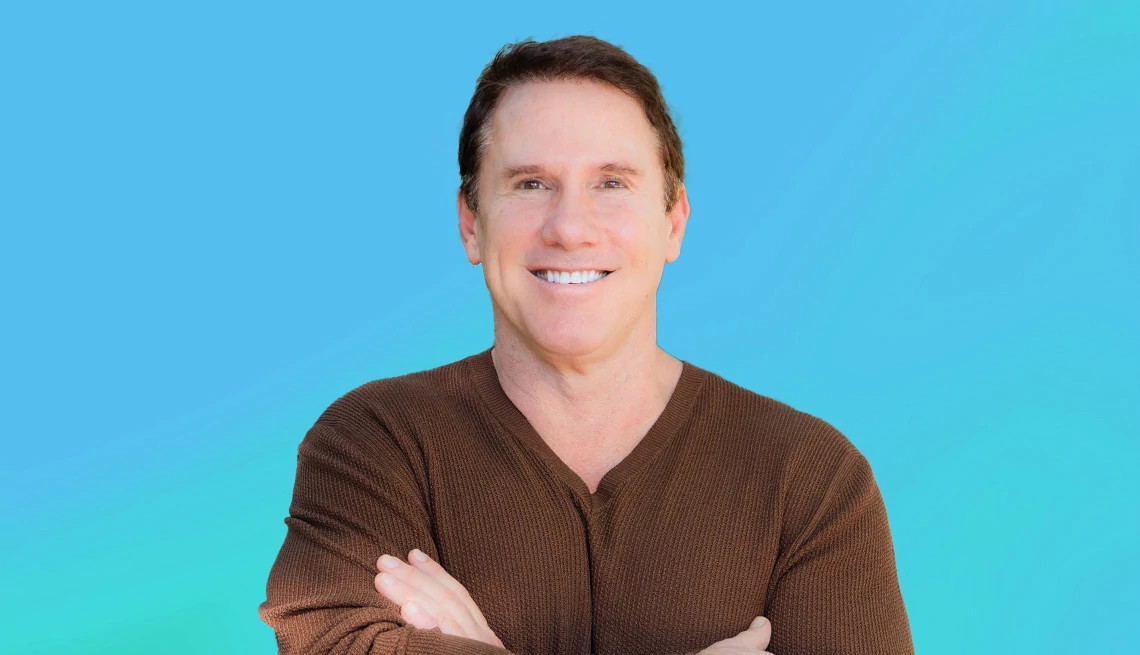.jpg?crop=true&anchor=0,0&q=80&color=ffffffff&u=lywnjt&w=1140&h=655)
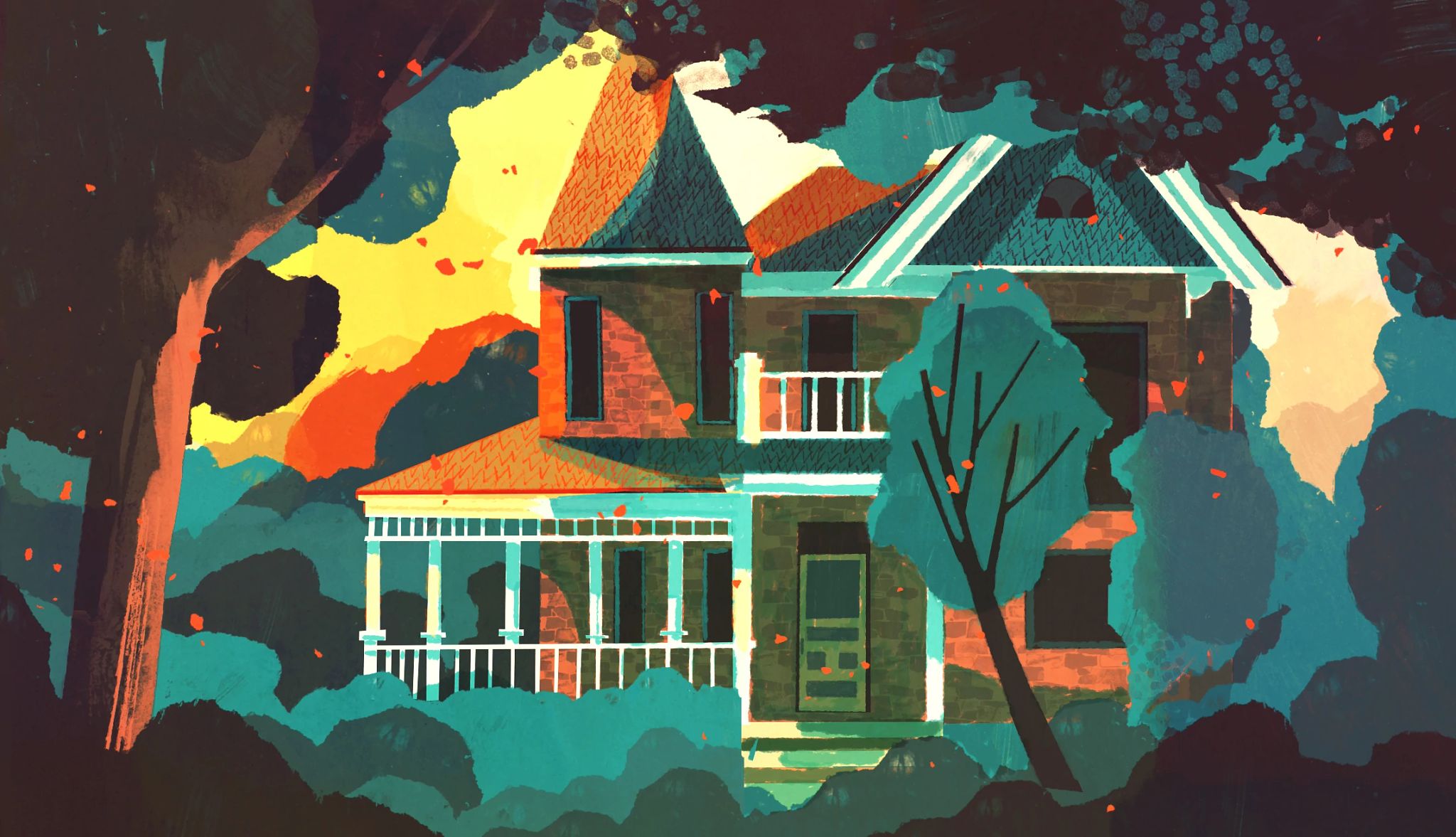
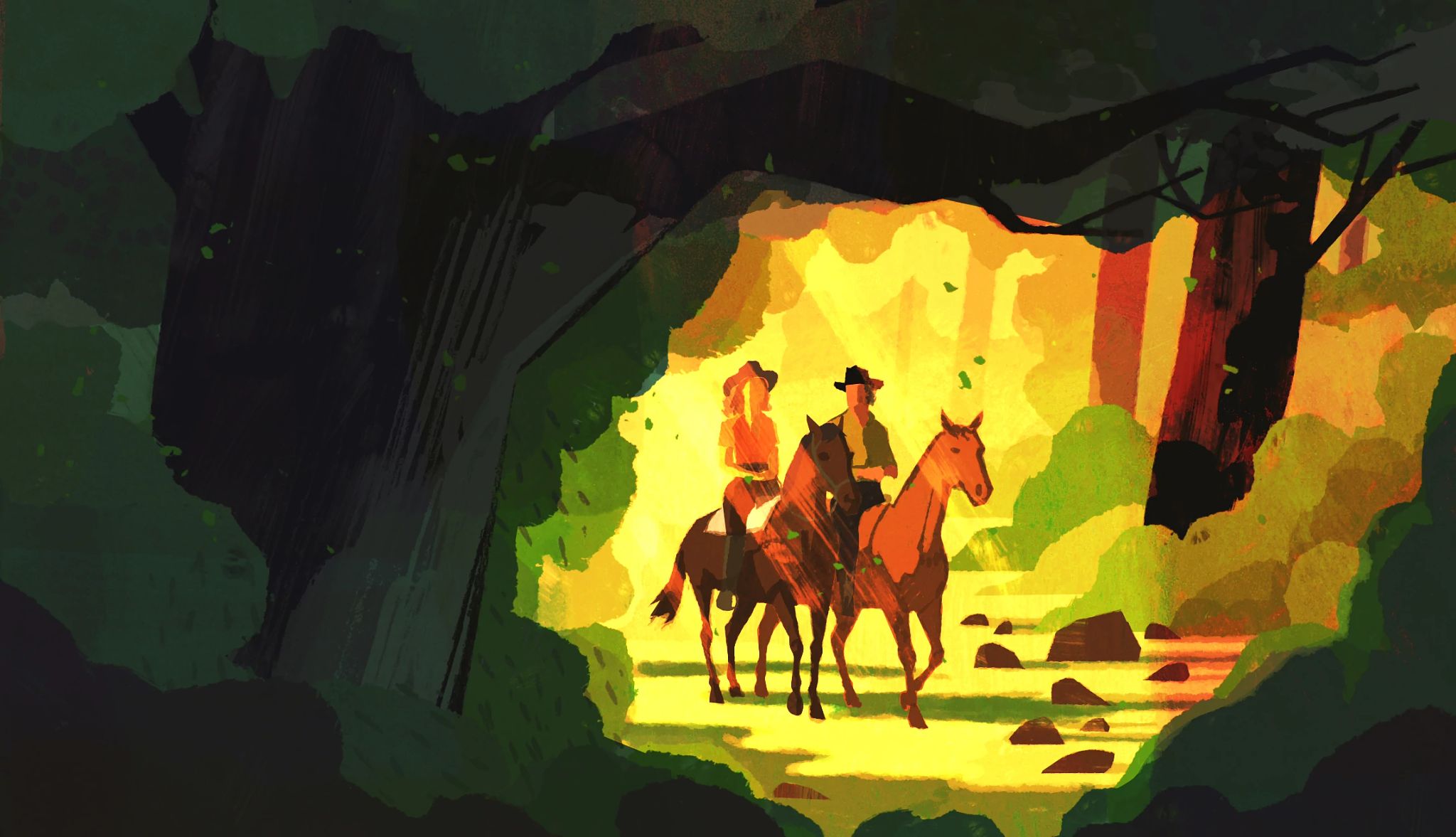
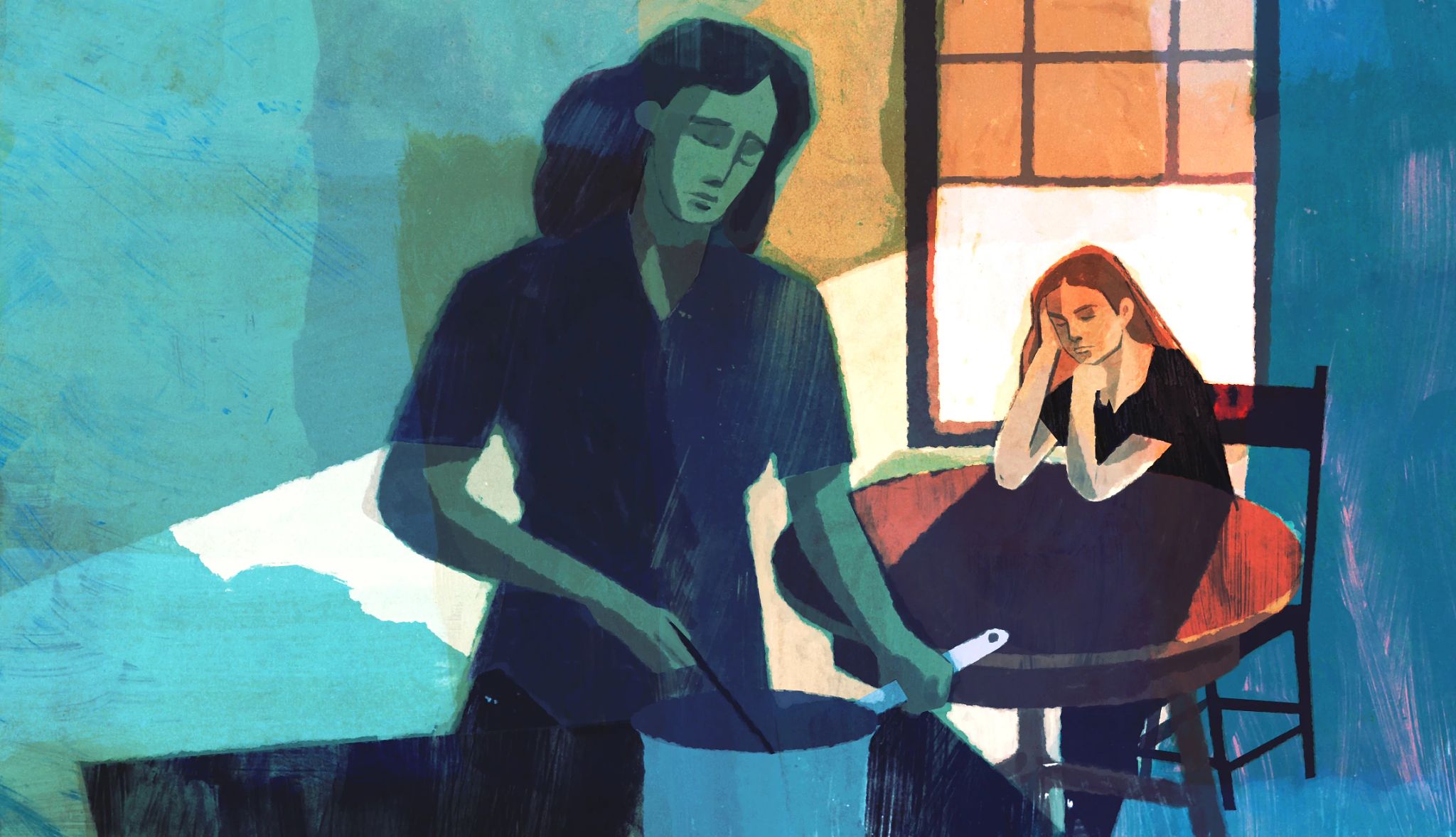
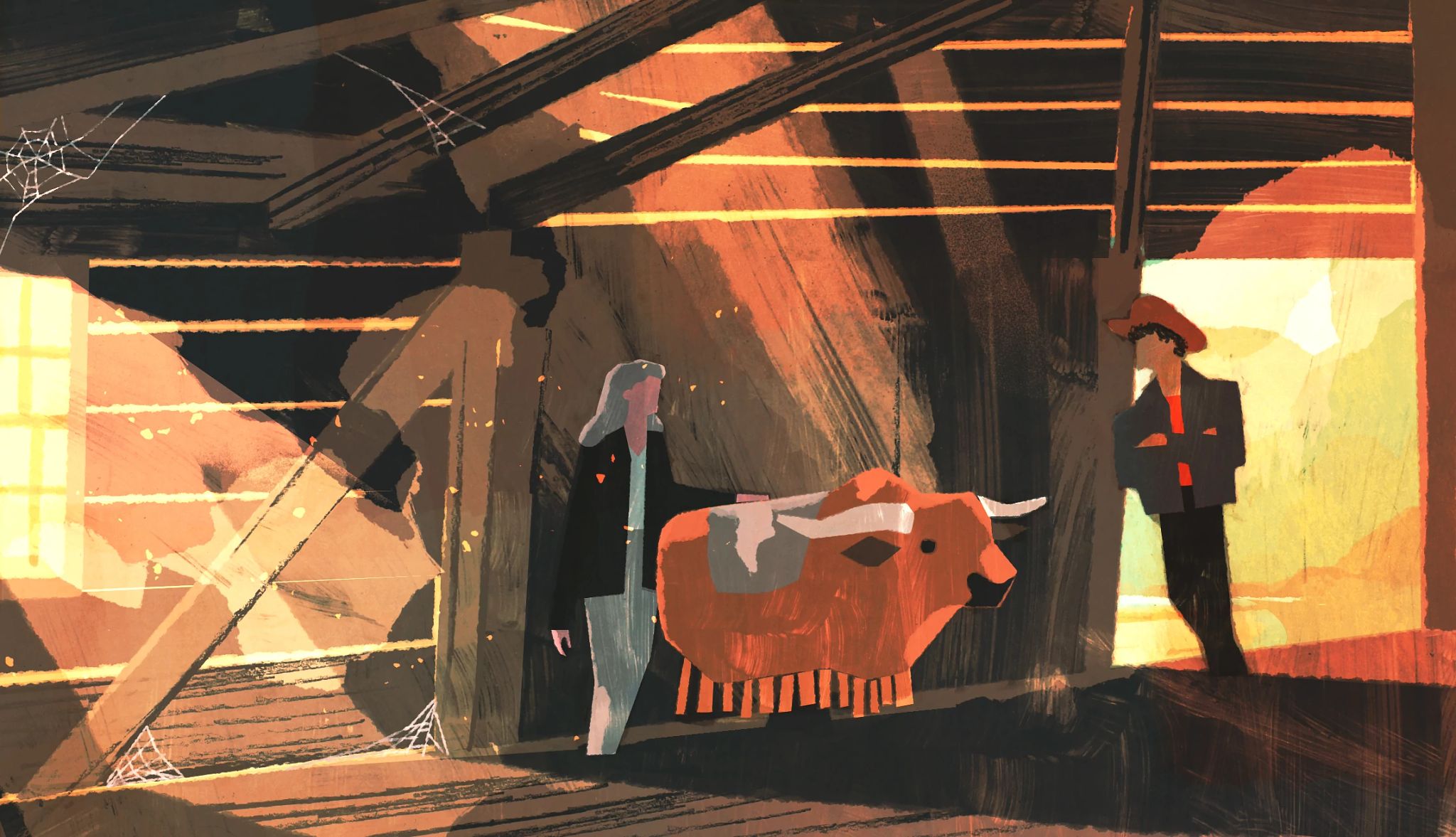
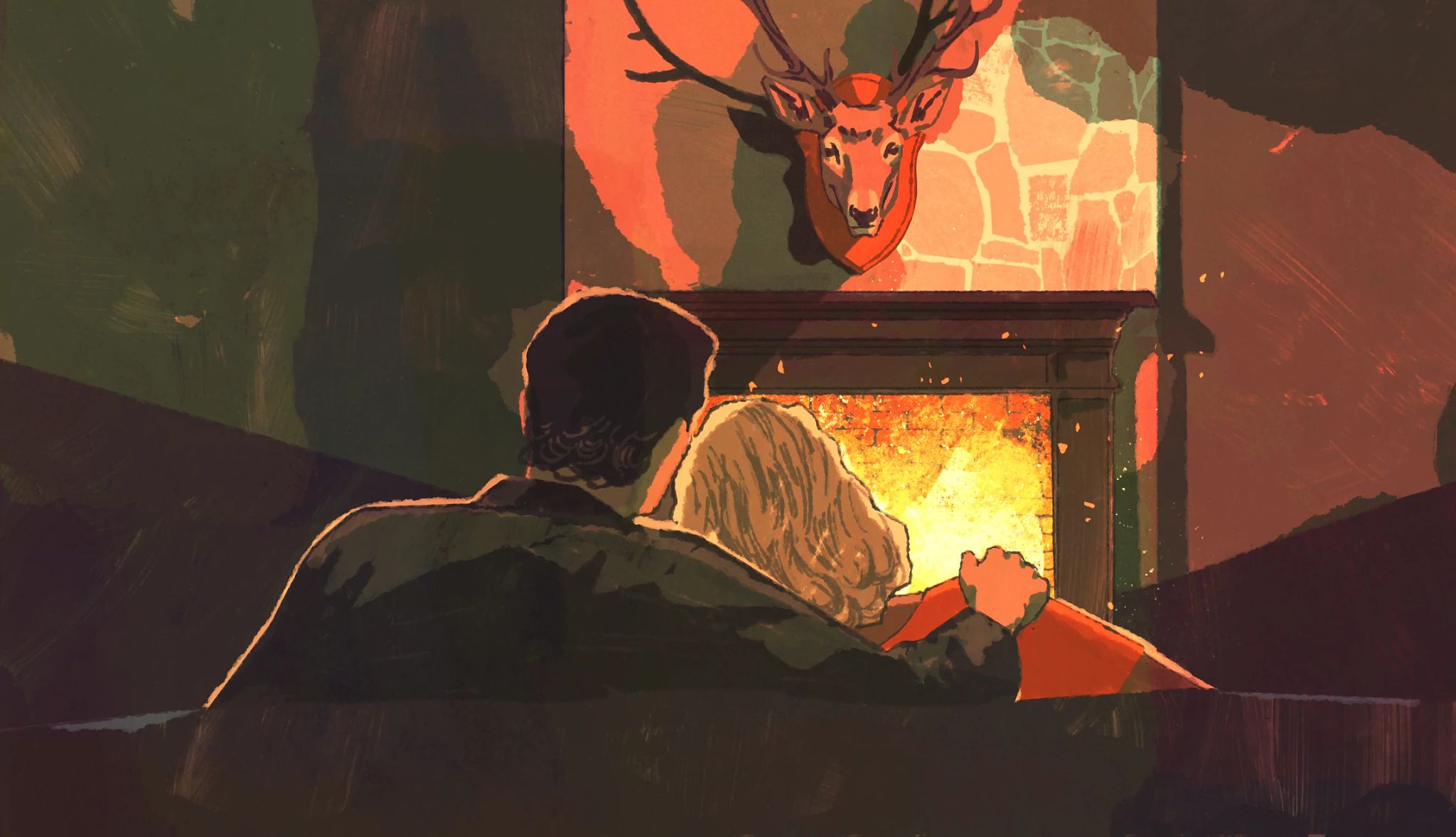
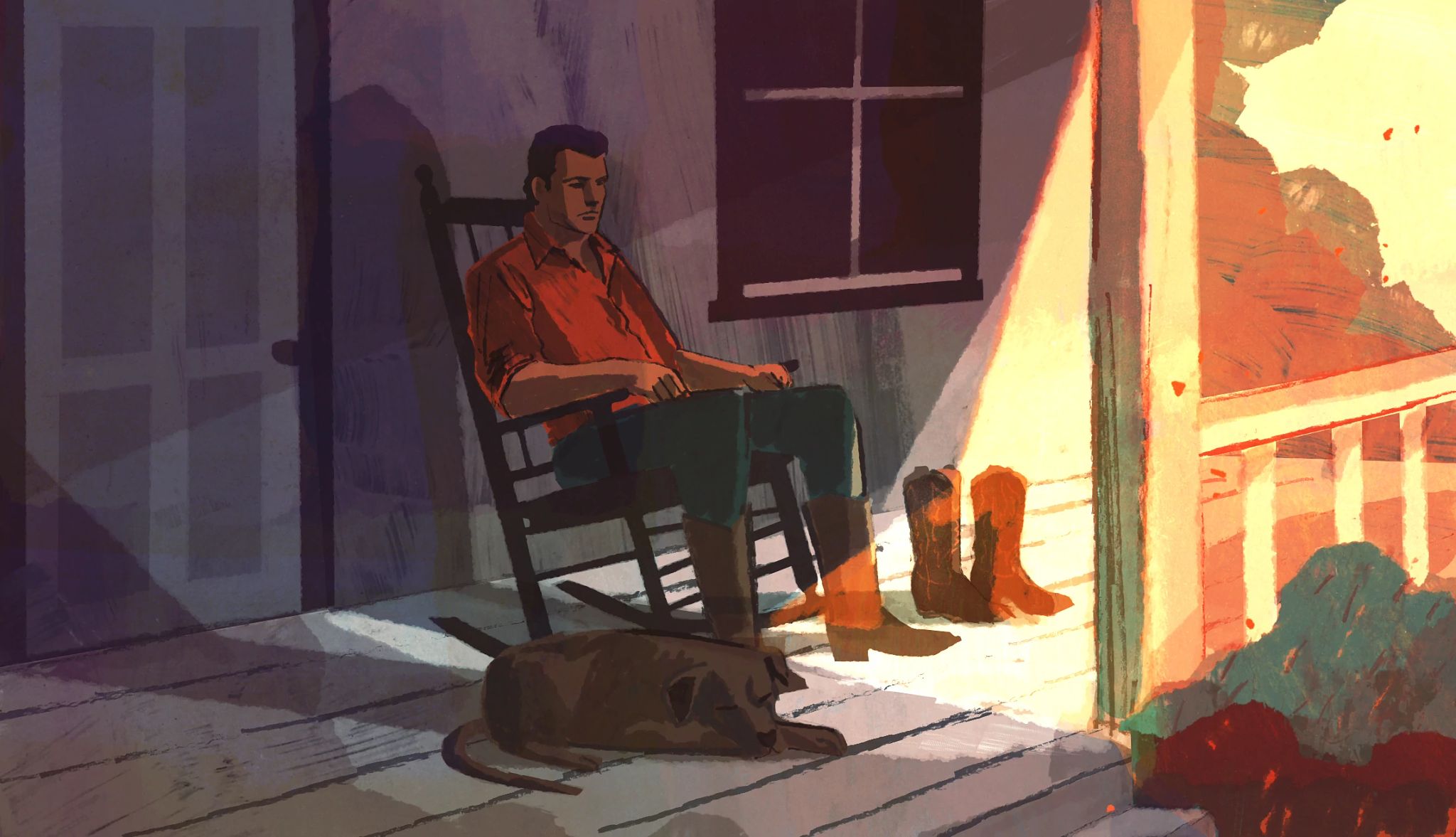

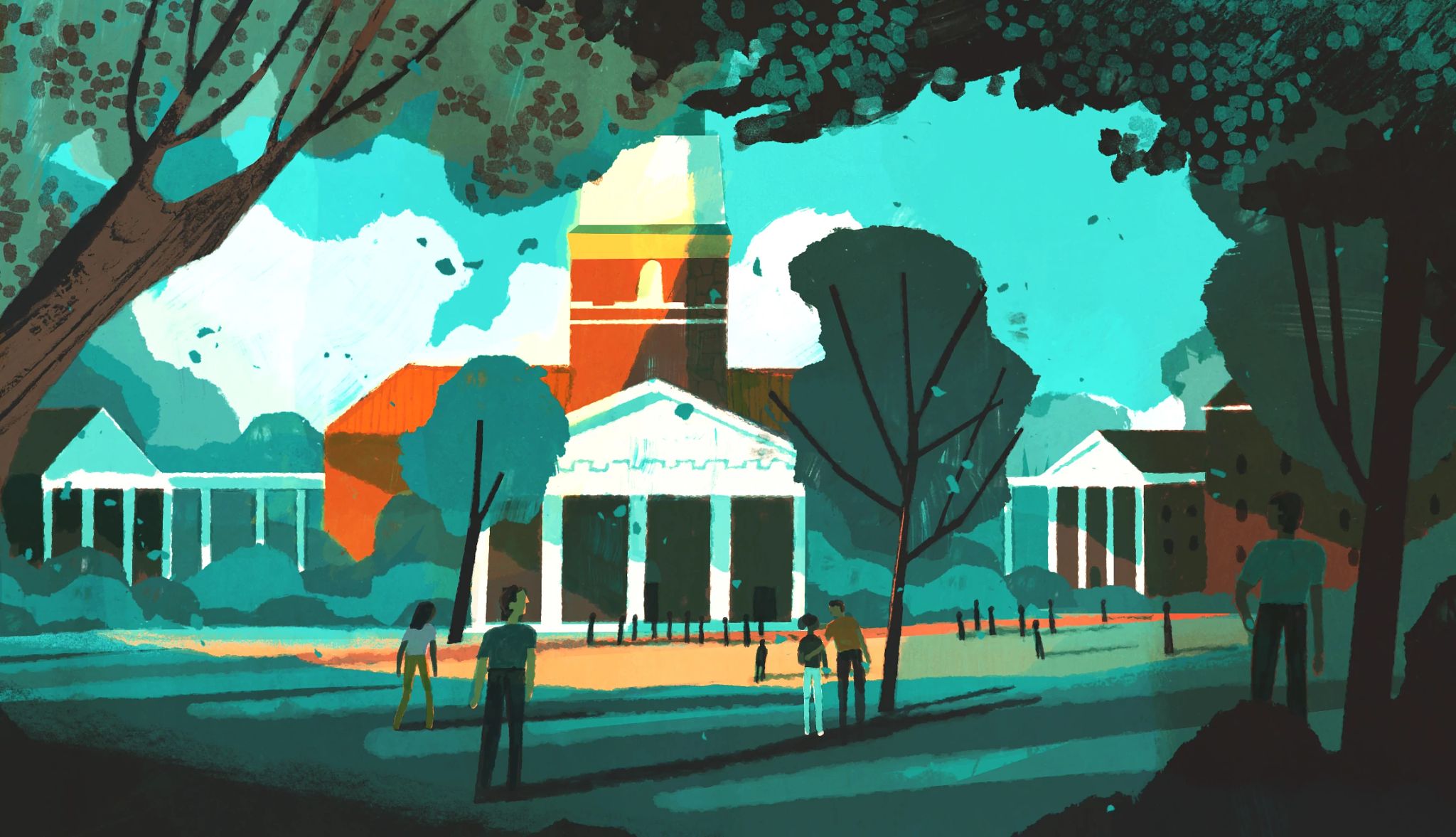
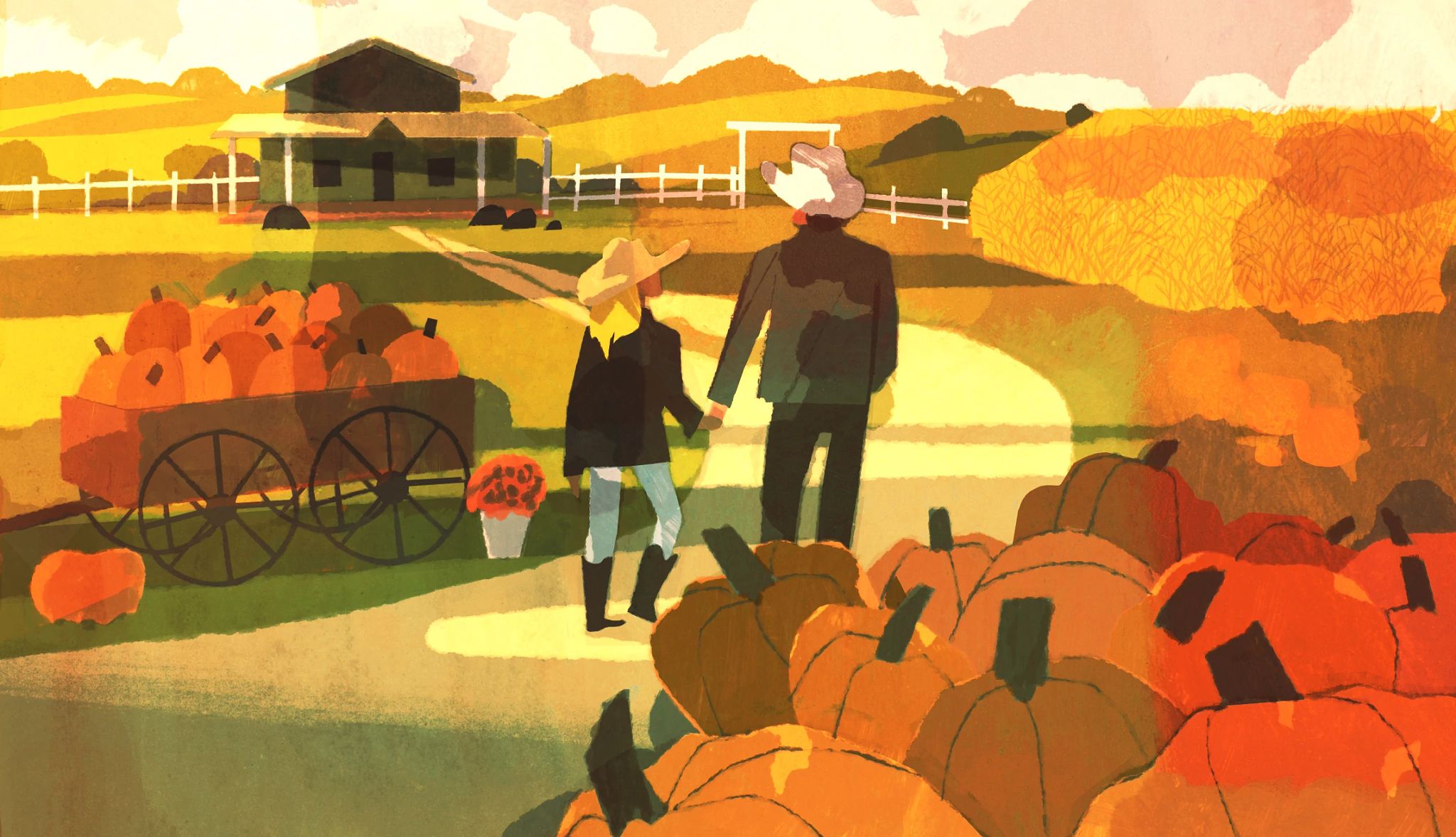
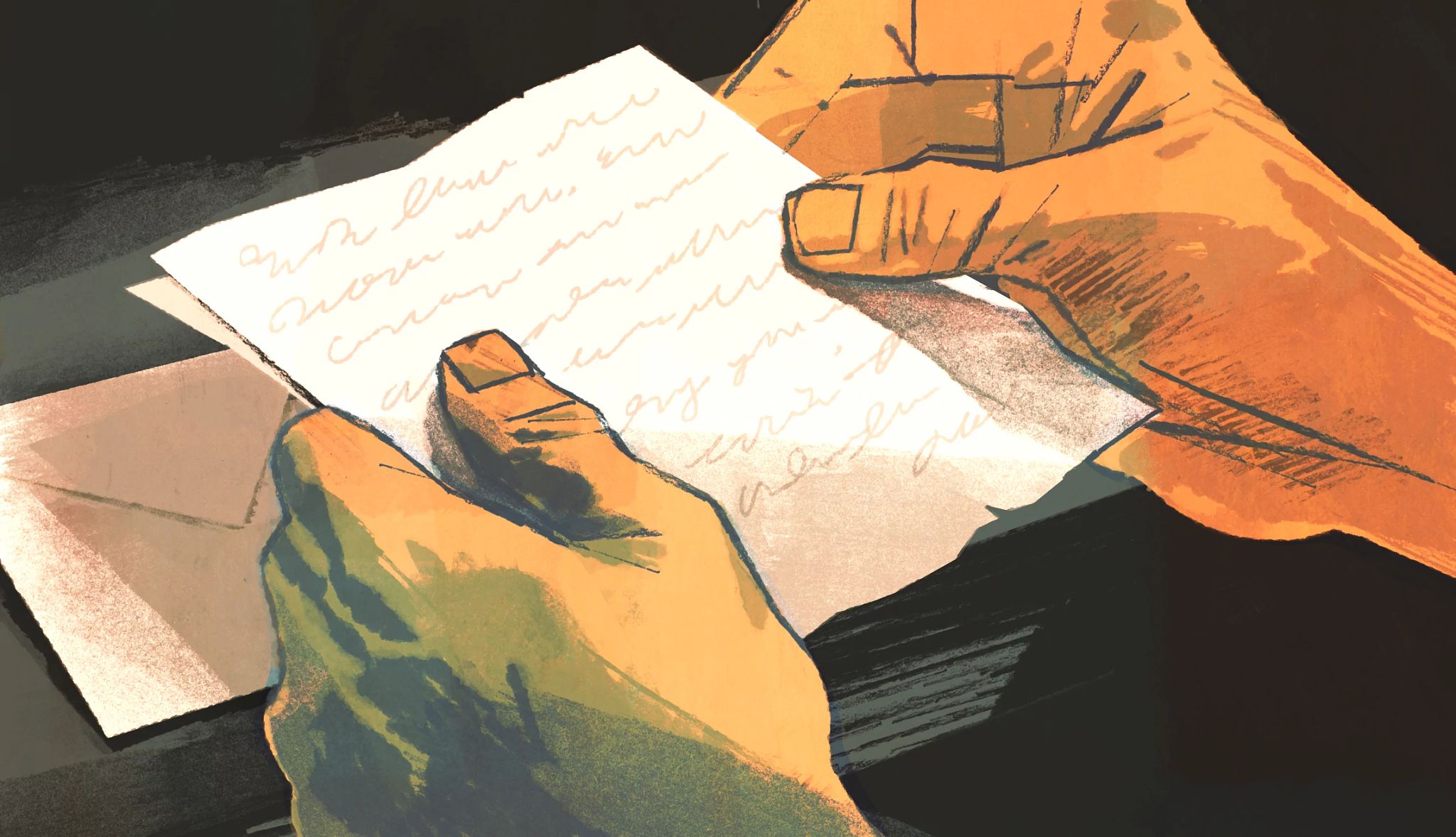
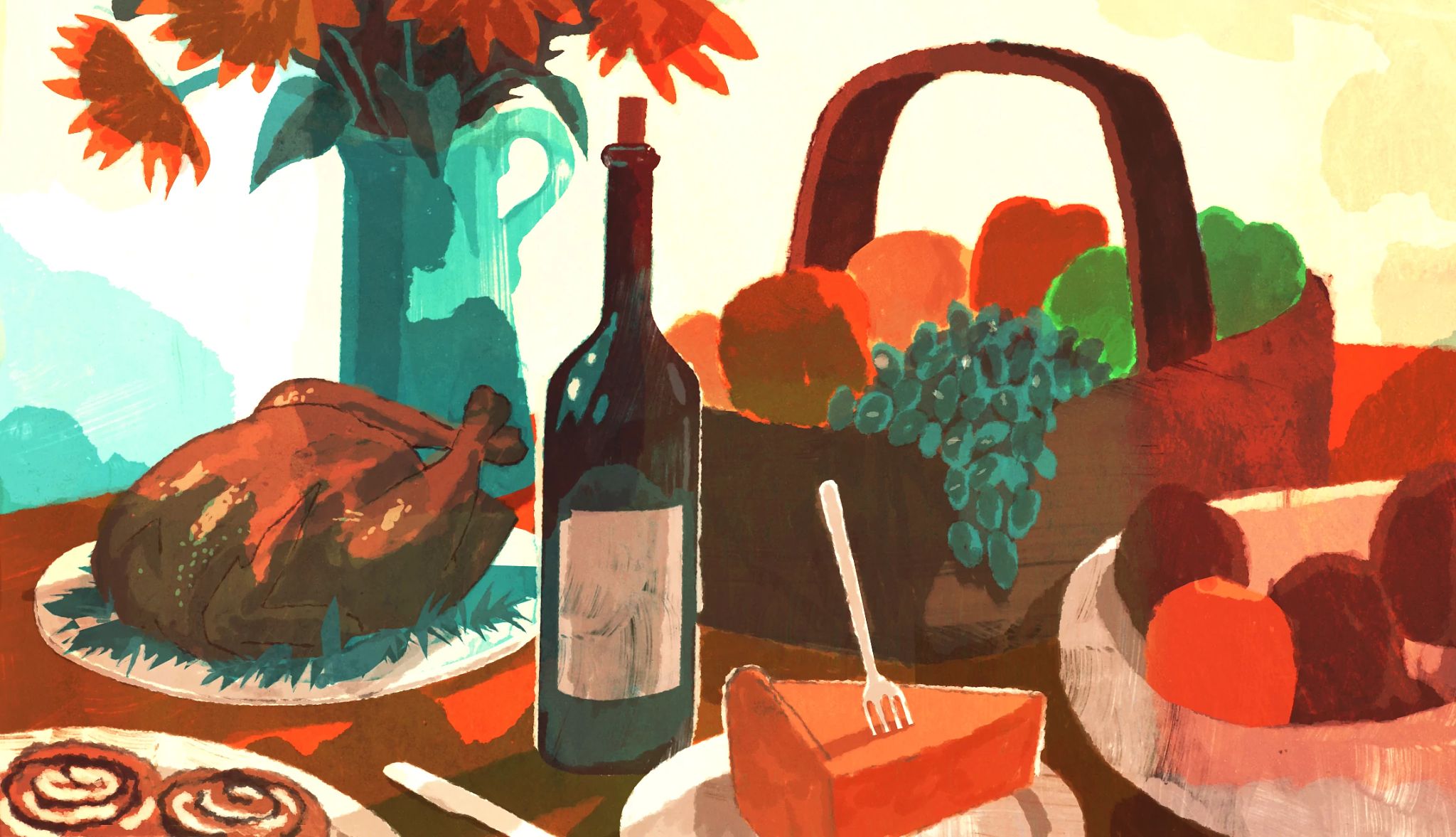


You Might Also Like
Is Nicholas Sparks as Romantic as the Leading Men in His Stories?
Author of ‘The Longest Ride’ and other best-selling novels discusses life, love and his new book, ‘Counting Miracles’
Free: ‘The Excitements’ by CJ Wray
Feel-good romp follows the law-breaking escapades of two quirky 90-something WWII vet sisters
More Free Books Online
Check out our growing library of gripping mysteries and other novels by popular authors available in their entirety
Recommended for You